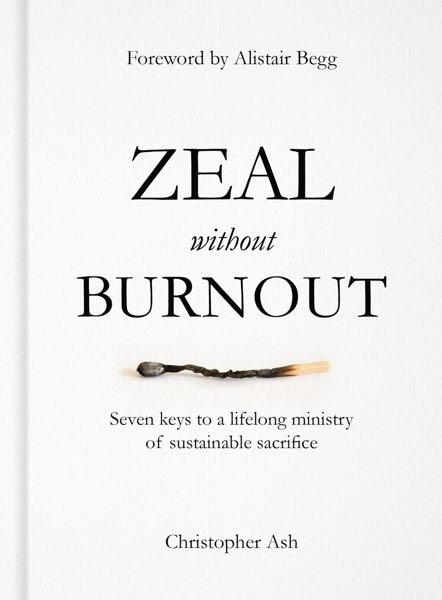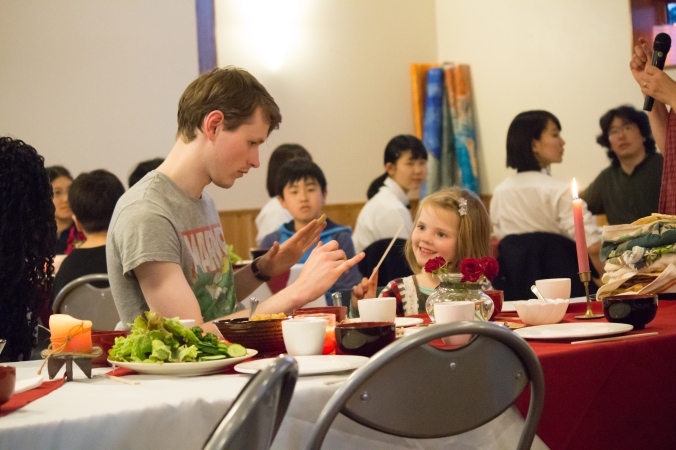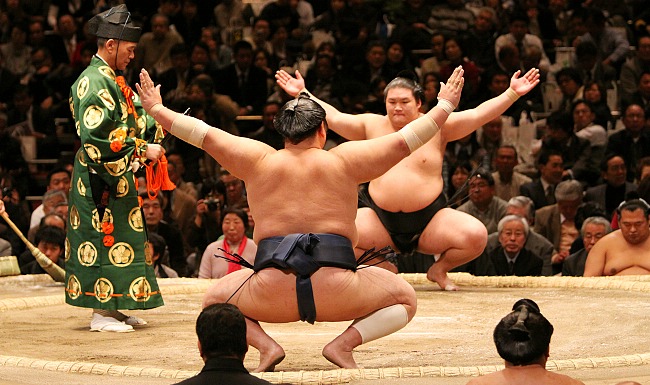What do you think of when you hear the words ‘Old Testament’? Many different images may come to mind. Laws, miracles, kings, Israel, covenant. However it is doubtful the word ‘waiting’ comes to mind. Given the fact that large periods of history or at least large number of years, are referred to and described in a few sentences, this is understandable. But when we stop and reflect on this its meaning is profound. From a chronological perspective, hundreds of years go by in the Old Testament with nothing particular happening.

God’s people are simply living normal lives and, well, waiting. God promises Abraham a son when he was 75 years old. Wonderful! But Isaac was not born until he was 100! That’s 25 years of waiting for God’s promise to be fulfilled. Moses was God’s chosen leader to deliver Israel from slavery and he spend 40 years in the desert looking after flocks of sheep. 40 years! That’s not the mention Israel’s 400 years of slavery in Egypt or the 400 or so years of silence between testaments. God’s people knew God’s promises and covenants in these periods but they did not see them realised in their lifetimes.
As it says in Hebrews 11:13 and 39:
“All these people were still living by faith when they died. They did not receive the things promised; they only saw them and welcomed them from a distance, admitting that they were foreigners and strangers on earth.”
“These were all commended for their faith, yet none of them received what had been promised.”
But why does waiting matter?
For a few very important reasons. Firstly, learning to wait means learning to trust in God’s timing and not ours. Many godly Jews must have wondered when the Messiah would come and why he had not come yet, especially as they endured military conquest, Gentile rule, oppression and little prosperity.
For truly I tell you, many prophets and righteous people longed to see what you see but did not see it, and to hear what you hear but did not hear it. Matthew 13:17.
God in his infinite wisdom knew what he was doing though. At just the right time, when we were still powerless, Christ died for the ungodly (Rom 5:6). The Lord’s timing is best and waiting means trusting in Him and not ourselves. In this way waiting is an act of humility. Pride says I want what I want when I want it. Humility says I want what the Lord wants in his good timing.
Waiting is also an act of trust. As humans we are strongly bound up with our experiences. Throughout our lives we experience, see and feel some very profound and influential things. This shapes who we are. As Christians there is always the temptation to let our personal experiences and emotions overrule the clear teaching of Scripture. To avoid doing this is not blind, dogmatic, faith but rather trust in God’s Word. Jesus is the Good Shepherd and loves us more than we can fully understand. As the greatest act of love in history he went to the cross for us. We can trust him. We must trust him over and above our own experiences. We wait because we trust.
All of this is not to say that we don’t work with our time and strength and resources to obey God, follow him and build up his Kingdom. We do all of these things on a daily basis. To be a disciple of Jesus is to be a person of action (Matt 28:18-20). The biblical idea of waiting is not inaction, but allowing God’s agenda to rule over our own.
Remember Saul’s sin (1 Samuel 13). He was asked to wait seven days for Samuel, but he grew restless, impatient and scared when his soldiers started to leave. The Lord certainly required action from Saul – there were battles to fight and enemies to defeat – but Saul was not obedient. Saul’s problem was that he sought action on his own terms, not on God’s terms.
Let us not make the same mistake. In ministry we long for many things – people coming to faith, our churches growing, people maturing in Christ and the Gospel being proclaimed. These things require action and are thoroughly biblical. The danger is that we can pursue them in our own strength, with our own means for our own agenda.
As we live and serve as Christians there is always an aspect of waiting. Waiting for the Lord to work the miracle of salvation that we cannot do in our own strength or persuasion, waiting for the faithful, daily, Word based ministry to produce long term gospel fruit and ultimately waiting for the Lord Jesus himself to return. As God’s people may we continue to seek this balance between waiting and working. It is the only way the Kingdom of God grows. And when it gets hard let us remember that while the Lord promises to grow his Kingdom, he keeps time differently to us.
The Lord is not slow in keeping his promise, as some understand slowness. Instead he is patient with you, not wanting anyone to perish, but everyone to come to repentance.
2 Peter 3:9.








